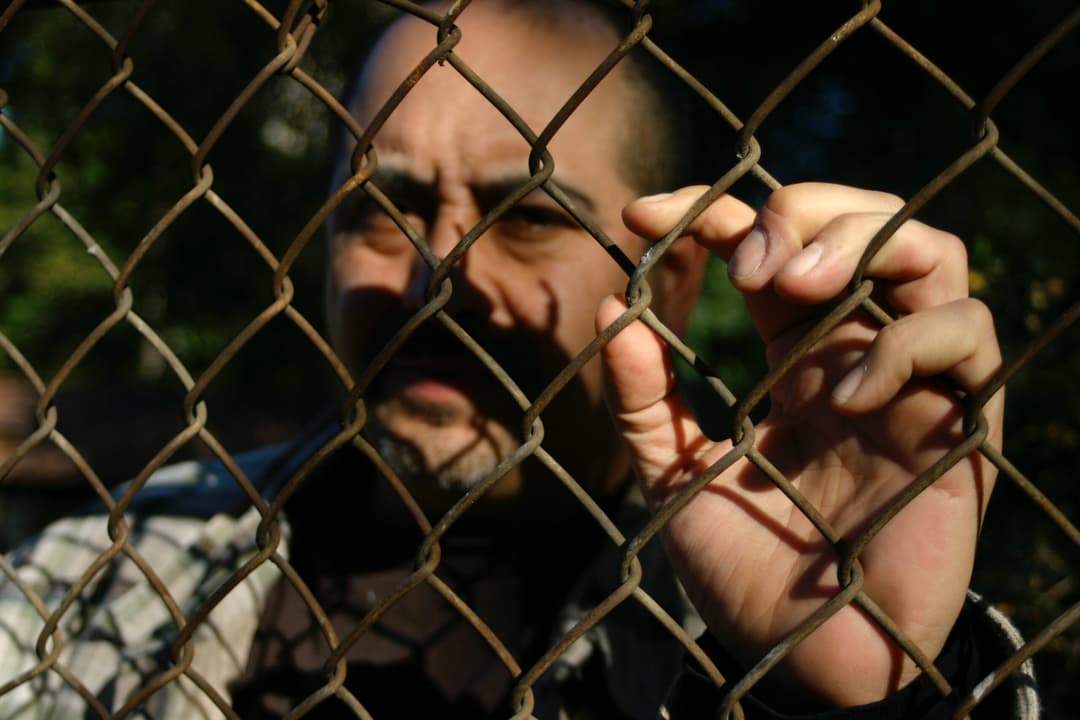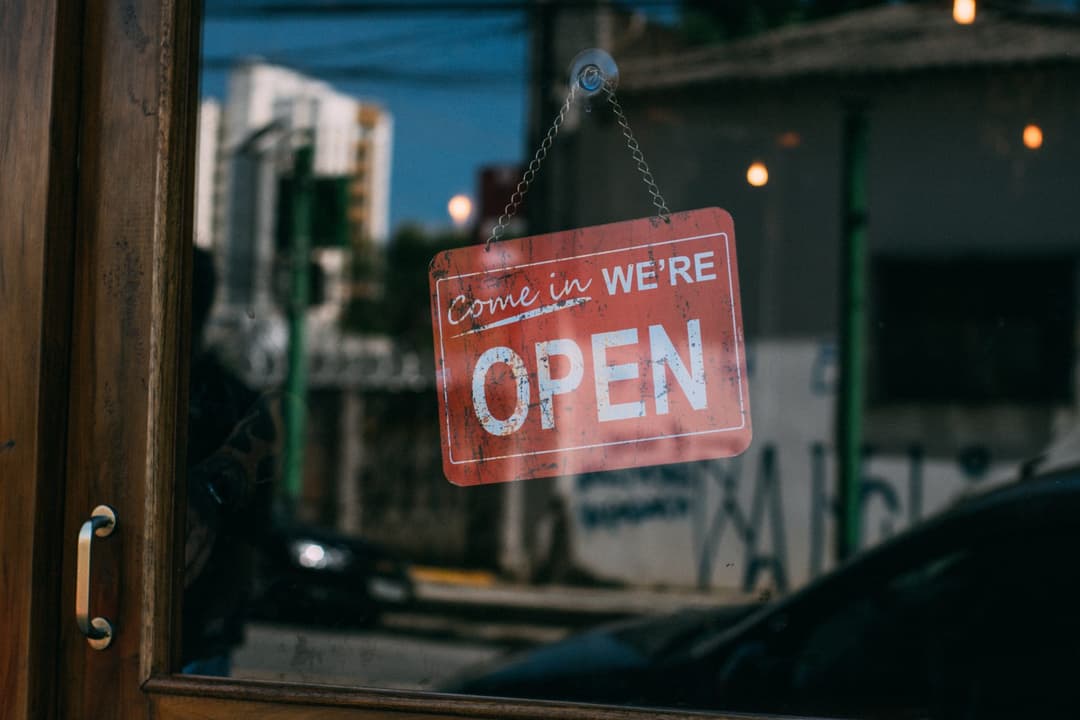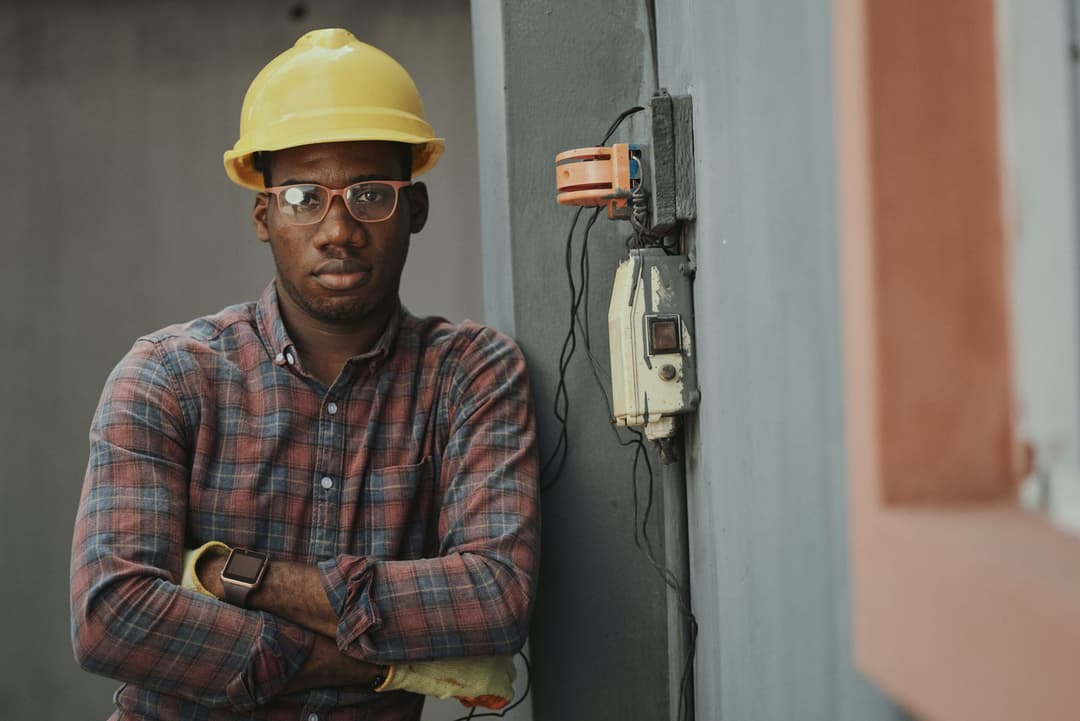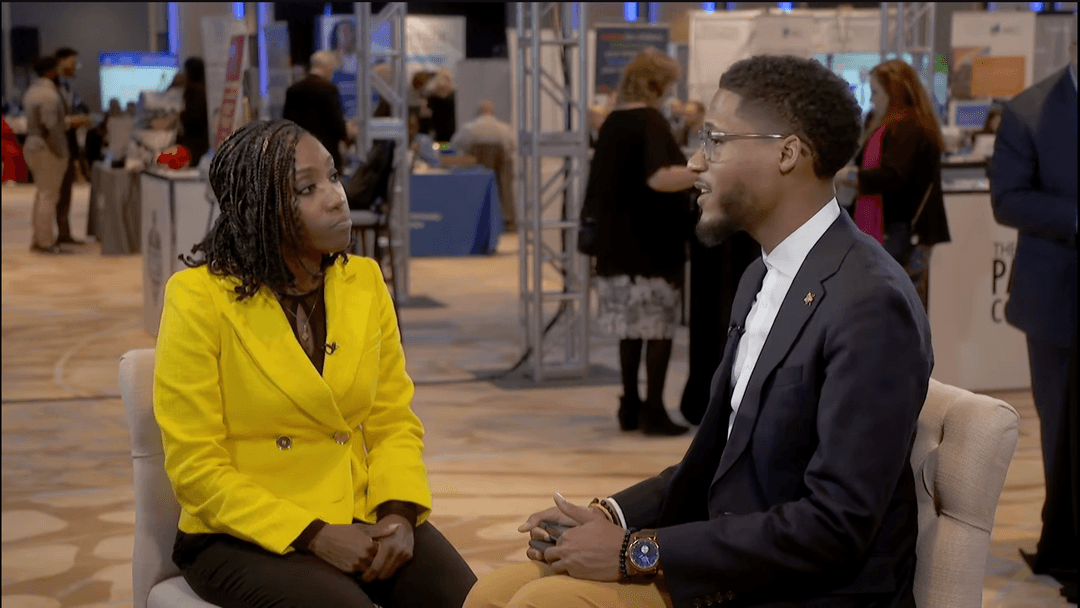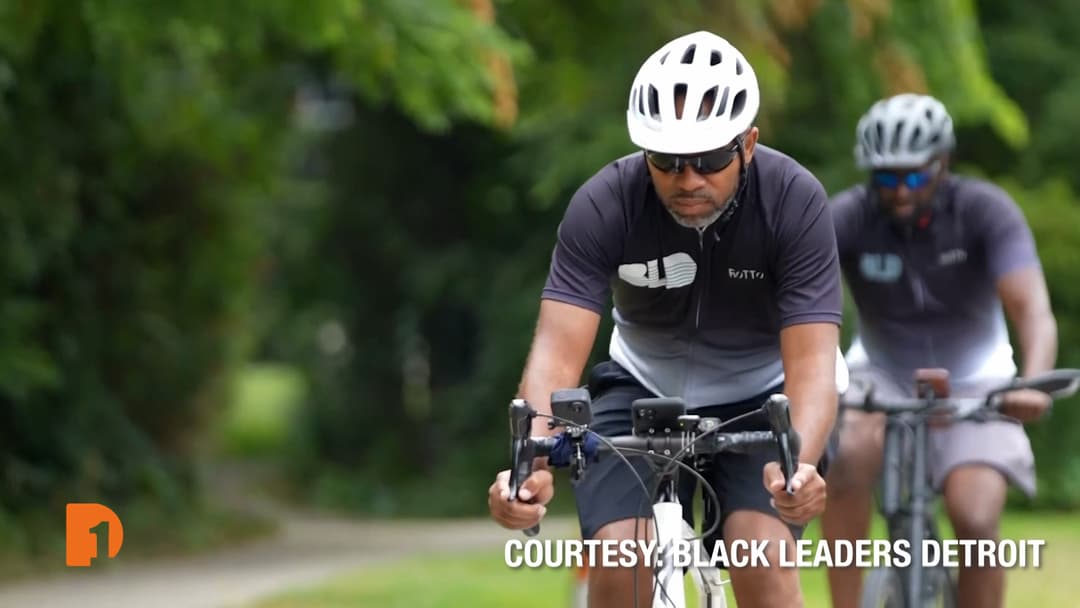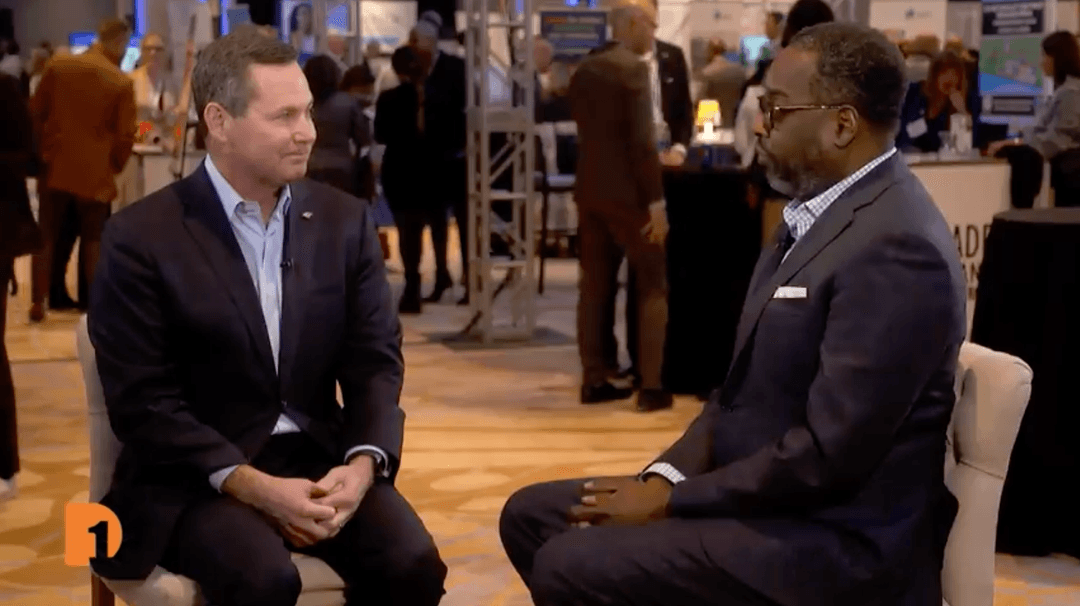Ebiara Fund Breaks Down Barriers for Minority Real Estate Developers in Detroit
Aug 4, 2022
A new fund, the Ebiara Fund, created by the Detroit-based economic growth nonprofit Invest Detroit, in partnership with URGE Imprint and with funding from The Kresge Foundation, will provide early-stage capital and process resources to minority-owned development firms working to grow and strengthen Detroit’s neighborhoods.
“Emerging real estate developers, especially minorities, struggle to access capital to create scalable real estate development firms. This means Detroit’s Black and Brown developers do not have the support they need to substantially impact the growth and development of Detroit’s neighborhoods,” the fund’s website says.
RELATED: Detroit United Front Forms to Build Better Equity, Inclusion for Black Businesses
RELATED: $134 Million Mixed-Use Redevelopment Proposed for Former Fisher Body Plant
“American Black Journal” host Stephen Henderson talks with two people involved with the fund, Rod Hardamon of URGE Imprint and Keona Cowan from Invest Detroit, about why the Ebiara Fund was created and the challenges Black and brown developers face in Detroit today. Plus, they discuss the resources available through the fund and how it will help minority-owned development firms grow their businesses and become a part of Detroit’s growing economy.
Full Transcript:
Stephen Henderson: Well, let’s start with this, the idea behind this fund, I think, is so powerful because it aims directly at a real inequality, a real imbalance in our community. Rod talked quickly about the Ebiara fund and how you came up with this idea.
Roderick Hardamon, CEO & Chief Strategist, Urge Imprint: The Ebiara fund, it comes out of the genesis of being an entrepreneur or running a small business, in particular, being a real estate developer, in realizing that the gaps of capital for equity are significant. You know, in Detroit, we have a unique ecosystem, we have great signified partners, like Invest Detroit, who have tried to solve, in many ways, the debt financing challenges that real estate developers have.
But there still remains the solution that was necessary for equity capital, and Ebiara seeks to fill that gap, to provide capital to black and brown developers who are doing deals in the city of Detroit. We want to grow and scale firms, let’s provide you the tools, and the resources, and that fuel you need to do that.
Stephen Henderson: Yeah, Keona, as Rod said, this is a particular problem in Detroit. It looks different here, I think, than it does in other communities. Talk about why it’s so important in Detroit.
Keona Cowan, Executive Vice President, Invest Detroit: Well, so as Rod mentioned, it’s filling a gap. But it’s filling a gap from an affordable perspective and simply, you think about the state of the city of Detroit and the multi decades of disinvestment. We certainly need developers like Rod, focused on development, access to capital and housing, retail, everything, we need all of it in our neighborhoods. And without developers like Rod and others that are participating in this program, we wouldn’t be able to do it.
But one of the things that, outside of it being affordable, that’s unique is there are other funds across the country very much like this. And the uniqueness here is we’re partnering with a developer. So, you’ve got the voice from a funding perspective, a lender’s perspective, but you also have the voice of a developer, who knows exactly what these developers are going through, have experienced it, or is experiencing it. And so, that perspective allows us to deliver in a better, different way than other funds, because we have a holistic approach to supporting developers, supporting Detroiters and getting access to capital.
Stephen Henderson: Yeah, Keona, we’ve talked for a long time in this community about the problems with lending and the, again, the access to capital and the problem on the bank’s side and the other kinds of people who provide money. Catch us up on where we are with that. I mean, we’ve seen some movement, I feel like, but we’re nowhere near where we should be in terms of, you know, people being able to get a fair shot at getting the funding for projects they want to take on.
Keona Cowan: Absolutely. So Community Development Financial Institutions or CDFIs, like Invest Detroit, are really focused on breaking that barrier, increasing access to capital. But what is also extremely important, and this is a component of this fund as well, is giving that coaching that not just the technical assistance in order to get access to capital, but these are emerging or startup businesses in a lot of cases. And what they need is help with what they don’t know until they’re facing the situation. And so, that coaching component, well beyond just access to capital, is so important. Such it allows them, one, to survive, right, and then have longevity to it, such that we can lift up more businesses.
So, I think that’s one of the components that has certainly helped us as we continue to reduce that gap and that barrier for access to capital is technical assistance. The other thing is affordable access to capital. Just because you’re a startup, just because you’re emerging, just because you’re learning, doesn’t necessarily mean that it has to be expensive, right? And so, what we’re working on at Invest Detroit, within this particular fund, but in other funds where we’re supporting small businesses as well, is how do we make this affordable? How do we utilize foundations and federal funding to reduce interest rates, to then also increase that probability and their cash flow so that they can be successful?
Stephen Henderson: Yeah. So Rod, I want to give you a chance to talk a little about the environment and the experiences from the developer standpoint here in Detroit and from the African-American developer standpoint. I think, for a lot of people, this is a theoretical problem. For you, it’s a very everyday, practical one. Talk about what that looks like.
Roderick Hardamon: So, I think there are real challenges. I think for any developer, any small business, any startup, access to capital and finding those sources is an everyday thing. When you’re black and brown in the real estate space, those challenges become exponentially greater. And so, that’s what we fight for every day.
Yes, it’s the same challenge that everyone else faces on the cost of construction escalating, you know, getting through city processes, you know, how do you manage all the compliance and all the environment and changing political winds that we all have to navigate through the different community spheres. But if you can solve all that, when you’re black and brown, if you’re a black developer in Detroit, you still got to figure out how to fund that capital. And just because you can have $250,000 or $50,000 or $100,000 to put into a deal, that money’s all you have. And so, that means you are risking your entire net worth, your savings to try to do something great. And we’re trying to say, you know, let’s try to remove some of those historic and systemic barriers that have excluded us from the development process.
Let’s make that a little bit easier. Instead of you having to put up your entire net worth, we’ll maybe contribute half of that equity for you, that gives you a different start, a launching pad, a different risk profile. Also what is noticed, is change what people think it’s possible. People are not thinking about one deal at a time, which is what we normally do, because that’s all the money you have, now think about one, two, three, four ideas at a time. Why? Because they see this as a true access to capital that they can touch, that they can get. And if the deals make sense and the numbers work, they have a real viable shot.
Stephen Henderson: What you were just saying about people having to risk just about everything they have to put a deal together or to get it done, I hear that story over and over and over again from small African-American developers in Detroit. And when they talk about those numbers and what they mean to their business and what they mean in terms of, hey, am I ever going to get this back? How do I go and do the next thing? I mean, there’s so many reasons to not do that. There are so many reasons that you would look at it and say, hey, you know what? This isn’t worth it. It really does begin to explain the slow pace and the slow growth that we’ve seen in this sector.
Roderick Hardamon: It also underscores why people are doing it, though. Because people believe in the long-term viability of the city of Detroit, of Southeastern Michigan and the state as a whole. If you believe in the long-term viability, your lens is a little longer. You’re not thinking about a one, two, three year flip in the single housing perspective, you’re thinking about how to rebuild communities and neighborhoods. Neighborhoods take a hundred years to develop, right?
At times. So how do you put the building blocks in place to allow that thriving to happen? And the wonderful thing about the Embiara Fund is that, we staunchly believe if you empower black and brown developers, that they’re going to be the ones I’m going to run to the communities to do those deals, to start receiving neighborhoods, rebuilding communities and supporting them. And we’re already seeing that start to happen and we hope this will continuously be a cycle that builds the neighborhood development.
Stephen Henderson: Keona, you mentioned earlier that there are other kinds of models for this approach around the country. I wonder if there are other things that you see in other communities that we might be thinking about here as well, in terms of, again, bridging some of these gaps, making it easier for black and brown developers to participate in the environment here. What else should we be thinking about?
Keona Cowan: So, one of the things that I’m going to say is actually happening in our market, is training of emerging or folks that are looking to become developers, that are in some realm of real estate as a whole. And so, you know, certainly want to acknowledge partnership in everything that we do, and Capital Impact Partners is another community development finance institution that is really focused on people of color from a developer perspective of lifting them up. And they have a formal training program that is really geared towards creating the platform for the academics of, what does it mean to be a developer?
How do you analyze the financials? So forth, so on, such that, you know, a number of folks are either architects, or contractors, or single-family home developers and taking it up to the next level and entering into commercial development. And so, that’s really created a platform for developers to enter into this program or be supported by Invest Detroit’s traditional products, right? So, there’s a training program, they get coaching afterward, they get access to capital from Capital Impacts perspective. But then also, as a partner of ours, we also are financing a number of those developments, trying to assist them as they build their portfolio, build their business.
Rod and I both participate in that program, you know, from a coaching and teaching perspective, you know, sharing our knowledge and experience from the various perspectives. So, we live the theory of, letting somebody like their light from your own or your candle. And so, I think that that’s a unique component to what we have in the city of Detroit. Again, we’re trying to take that holistic approach, access to capital that helps you build your business, access to capital for your project, coaching, teaching, mentorship. We are really deeply rooted and believe in this. And so, we’re putting everything behind it in order to support the black and brown community as they help us build a stronger, better Detroit.
Stay Connected:
Subscribe to Detroit PBS YouTube Channel & Don’t miss American Black Journal on Tuesday at 7:30 p.m and Sunday at 9:30 a.m. on Detroit PBS, WTVS-Channel 56.
Catch the daily conversations on our website, Facebook, Twitter and Instagram @amblackjournal.
View Past Episodes >
Watch American Black Journal on Tuesday at 7:30 p.m. and Sunday at 9:30 a.m. on Detroit Public TV, WTVS-Channel 56.
Stay Connected
Subscribe to Detroit PBS YouTube Channel & Don’t miss American Black Journal on Tuesday at 7:30 p.m. and Sunday at 9:30 a.m. on Detroit PBS, WTVS-Channel 56.
Catch the daily conversations on our website, Facebook, Twitter, and Instagram @amblackjournal.
Related Posts
Leave a Reply
Your email address will not be published. Required fields are marked*


